The filmmaker, Lauren Greenfield, created an advertisement to market and sell sanitary rags and other feminine products for the Always brand. This advertisement is a short documentary in which the filmmaker interviews folks on camera and has them act as though they are doing various physical activities like a girl. The video is titled Always #LikeAGirl and was published to YouTube a few weeks ago. At last check, the video has over thirty-four million views.
The advertisement is also accompanied by the hashtag, #LikeAGirl, on Twitter and there are thousands of folks tweeting about the video. The overwhelming response to the video seems to be positive. The video and hashtag are clever in that they invite consumers into a discussion about gender-related issues.
One of the primary issues discussed is the dive in self-confidence felt by girls during puberty—how being like a girl is supposedly the worst possible thing that a girl can be—how saying that somebody runs, fights, or throws like a girl is an insult that contributes to this decline in the self-confidence of girls.
Lauren Greenfield calls this a “confidence crisis” that is “profoundly disempowering” for girls. Greenfield also says that she is “excited to be a part of the movement to redefine ‘like a girl’ into a positive affirmation.”
The movie, The Sandlot, does a fine job of showing how this insult is typically used. Telling a boy that he plays ball like a girl is the ultimate insult to a boy, worse than scab eating, fart smelling, butt-lickers who mix Wheaties with their mother’s toe-jam.
The insult is used primarily against boys who are not very competent athletic-wise. If a boy is told that he fights, hits, or throws like a girl, it means that he isn’t valued as a man…and neither is he valued as a woman. As such, the boy is just plain old worthless.
If a girl is told she fights, hits, or throws like a girl, it means that she isn’t valued as a man either, but, assuming she identifies as a woman, she still may be valued as a woman (or girl). As such, the girl isn’t seen as plain old worthless, like the kinesthetically impoverished boy.
So, when feminists try to spin this insult, when they say that our culture disempowers women via this insult or that there is no worse insult than being like a girl, they are failing to articulate the depths of meaning within the insult. They are failing to comprehend how that insult applies to boys and men and how that insult is more harmful to those within the male body.
I don’t really expect much more from our gynocentric culture. That feminists would spin this insult as a form of misogyny is to be expected. When an ideology is primarily fixated on the problems of women, of course those ideologues wouldn’t bother to understand the nuance of the insult. Of course they wouldn’t comprehend how it harms boys more than girls. Of course they wouldn’t bother to articulate how this insult actually contributes to a culture of male disposability, sacrifice, and heroics.
The insult has more to do with reinforcing the traditional gender roles of men. Those roles are a form of cultural misandry. Those roles reinforce the notion that the male body is nothing much more than a tool—a labor machine. There is very little, if any, misogyny in the insult because it primarily targets and degrades men with a male body who don’t fit a certain stereotype—an athletic-aesthetic and prowess. It’s a way to enforce a sort of gynocentric masculinity—a masculinity marked by chivalry, disposability, sacrifice, and heroics—primarily for the benefit of women—in deference to them. It highlights the distinction between the performance value of a man versus the inherent value of a woman.
As noted above, if the girl is told that she throws like a girl, nothing is subtracted from her value as a woman. That insult takes nothing away from her because she is…a girl. And there is nothing wrong with that. The female body isn’t typically expected to be subjected to use like a male body and neither is it expected to perform like one. So, if a girl is told that she throws like a man, she is being told that her body is mannish…and that’s probably a more harmful insult to lob at a girl who may already be suffering with self-esteem issues.
It would have been interesting to see the reactions of the folks in the video had they been asked to perform like a man. Folks likely would have walked with a swagger, opened their gait to seem macho, and moved their arms like an ape. Hidden beneath the surface of these machismo motions of the male body is the abstraction of manliness—the self that tries to exist in a space where he is valued primarily as a labor machine—something of a performing monkey. Telling a man that he acts like a man is telling him that he is valued for what he does. Our culture doesn’t really place much value on a man apart from what he does. He doesn’t have much, if any, inherent value outside of his performance. As such, his value seems tethered to the performance of his male body—while simultaneously and seemingly contradictorily being reduced to a thing of abstraction—a disembodied and disembedded self.
In contrast, a woman can do practically nothing, sitting on ass—watching TV all day. So long as she doesn’t eat like a hippopotamus and gets a couple hours of cardio or yoga workouts in every week, she has a sort of inherent value—even though she does barely anything above the level of a slob. She could be a damn princess and nobody would be able to distinguish much of a difference.
The female body isn’t expected to throw, fight, hit, or run like a male body. As noted above, if a boy is told that he throws like a girl, he is just plain old worthless…because not only is he not valued as a man in a male body, but he is also not valued as a woman in a male body. Aside from the misandric nature of the insult, it also has transphobic and perhaps homophobic implications too.
The insult, when hurled at a boy, is meant to demean and police that boy into compliance with a masculinity that submits the male body to a dominance hierarchy of status. The insult is the inverted way of saying man up or be a man. It plays on the chivalric tradition that binds men to the role of provider and protector of women through the use of their disposable male bodies.
Yet, feminists seem to see this insult as one that mostly harms and disrespects girls by supposedly being profoundly disempowering to girls. This focus on how the phrase primarily harms girls is also an example of the gynocentric and chivalric tradition that continues to perpetuate the cultural norms that place women first—at the expense and sacrifice of men.
So, the insult is more harmful to boys because it reinforces the gynocentric and chivalric cultural norms of the traditional male gender roles—something that feminists ostensibly claim to be fighting against. The population that needs liberated from these gynocentric and traditional gender roles is the male population. Women already experience a great deal of liberation from these roles. Women are empowered to be caregivers or breadwinners. Men are empowered to be breadwinners or bums.
So, you’re a stay-at-home dad, like a girl? Why don’t you get a real job, like a man?
When I was in my early twenties, I watched Saving Private Ryan with a half-dozen or so of my friends. I’ll never forget that opening scene on Omaha Beach. I’ll never forget how my friend leaned in to ask if I was OK. I’d never really seen anything like that—the way Spielberg used the camera to move in and out of the action. The opening scene captured the fear and courage, the duty and sacrifice, the male body and heroics—the disposability of men.
This is what it has meant to be a man. Being like a man has been (and continues to be) tethered to the willingness of men to do things like in this opening scene–to throw one’s body into the water and run headlong for cover—up a beach peppered with bullets, grenades, mutilations, and death. Being like a man, like the men who stormed Omaha Beach, means using one’s hands to try and keep from bleeding out while crying out for mother. Being like a man, for thousands of men who suffered dismemberments, meant using one good arm to pick up the other arm—the one that had been blown to bits and now lays apart from one’s male body in the sandy blood-soaked beach. It means detaching. It means becoming a disembedded and disembodied self—a thing to be used like a pawn, a tool, an object-of-utility. Yet, according to feminists, being like a girl is so profoundly disempowering for women. Where is my fainting couch?
The opening scene of that movie made me feel queasy. Ever since I filled out my Selective Service card so that I could get my driver’s license, I’d wondered about what it’d be like—going to war. My friend’s father was a Vietnam veteran and had multiple purple hearts and stories from the injuries sustained in battle. He, my father, and my grandfather had tales of duress, disposability, combat, and war, but those stories were just words. The visuals from the movie gave more meaning to those words and suffering.
I’m sure that these men would not have reacted kindly to anybody saying that they do anything like a girl. However, if asked whether they’d choose to live their lives again, as a stay-at-home dad or as a veteran of war, they’d likely choose the former, assuming they had experienced liberation from their traditional gender roles.
So, when I see this moving advertisement about the confidence crisis that girls face, I can’t help but condemn it for being gynocentric, for its reinforcement of traditional masculine gender roles, for its callousness towards men, and for it being a piece of propaganda to sell sanitary rags to women and girls who may feel profoundly disempowered about being like a girl. If we want to be liberated from traditional gender roles, perhaps we should stop reinforcing them with empty, but feel-good #LikeAGirl propaganda.
Most sentences and blog posts are like a girl. They usually end with a period.


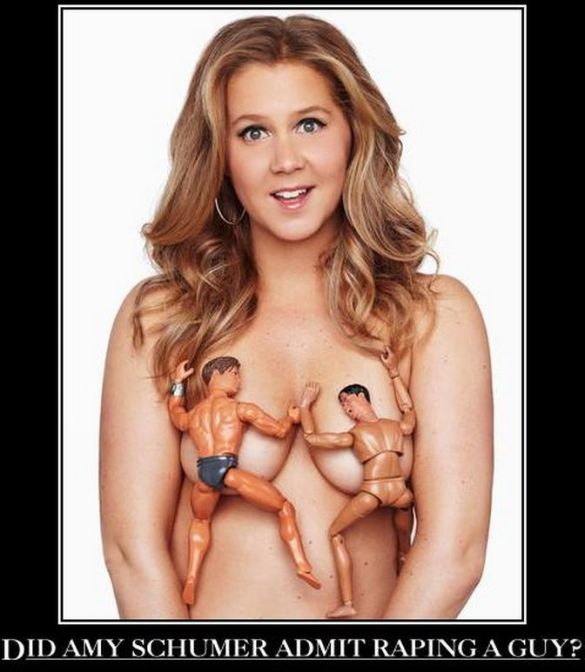

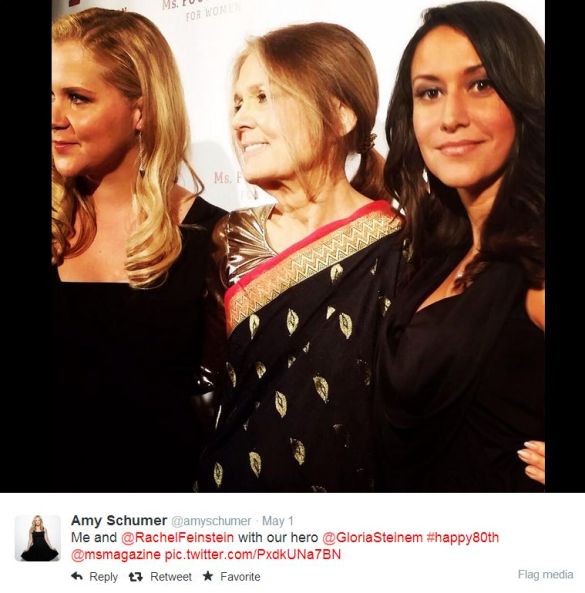




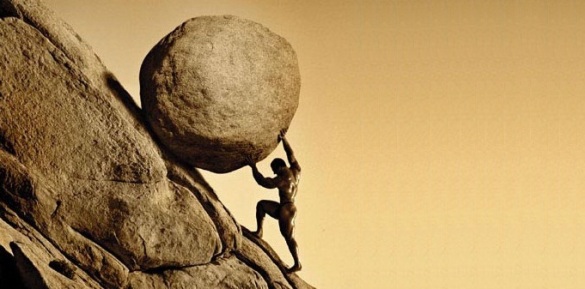
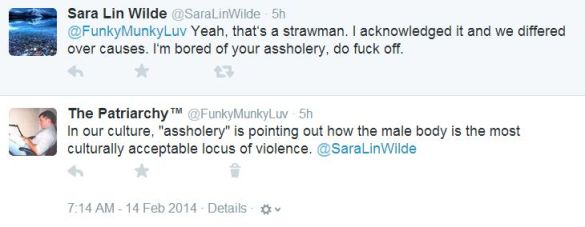
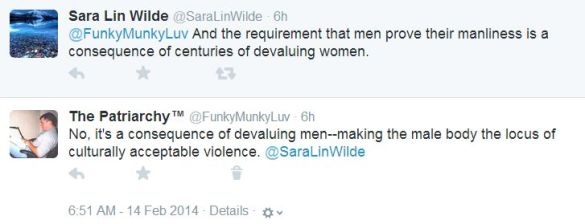
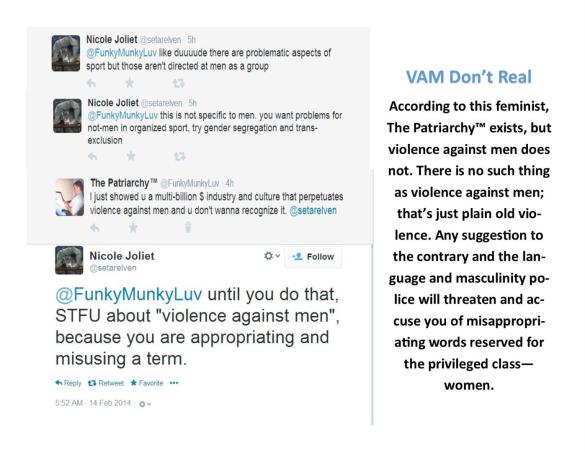
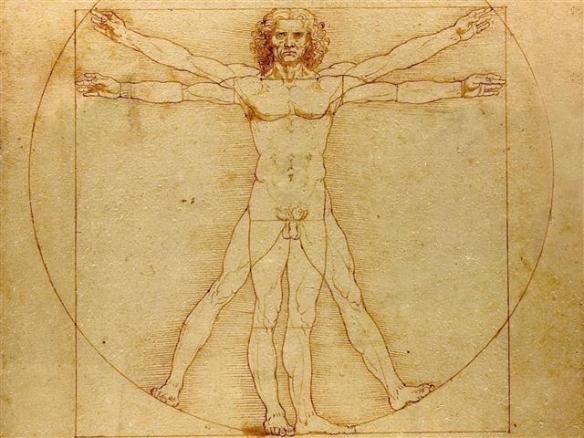
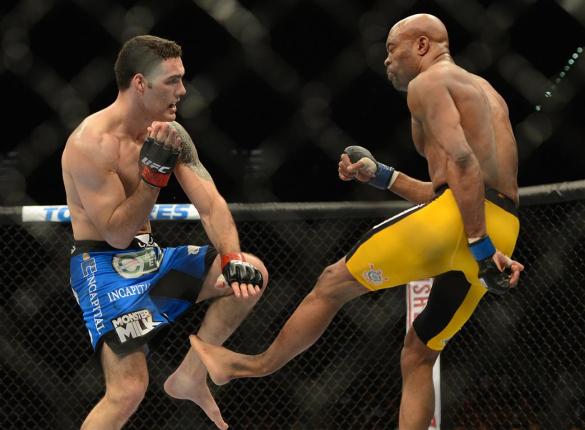
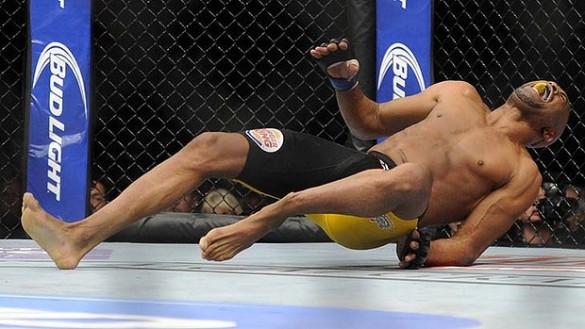


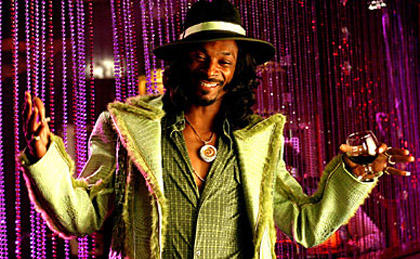








You must be logged in to post a comment.